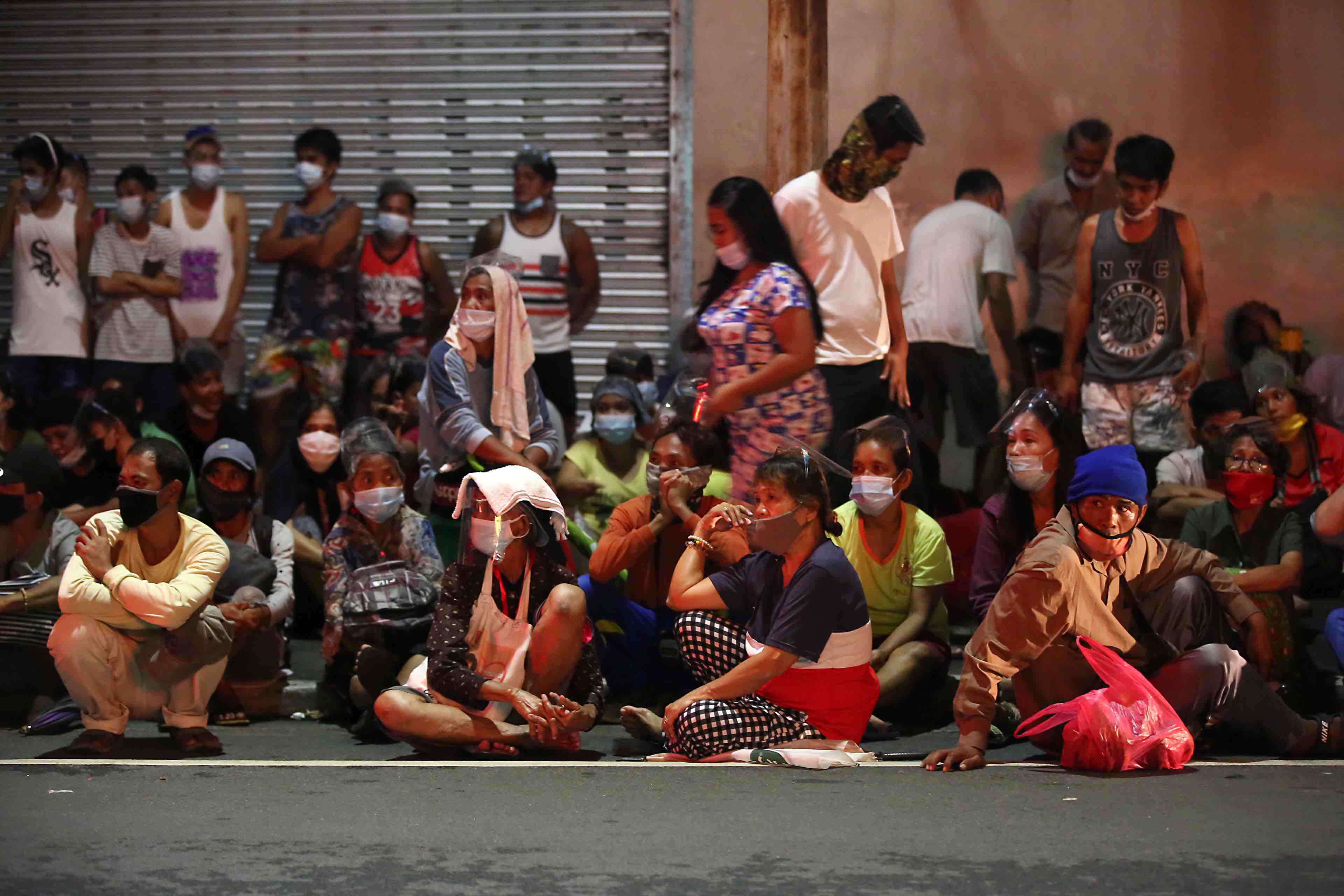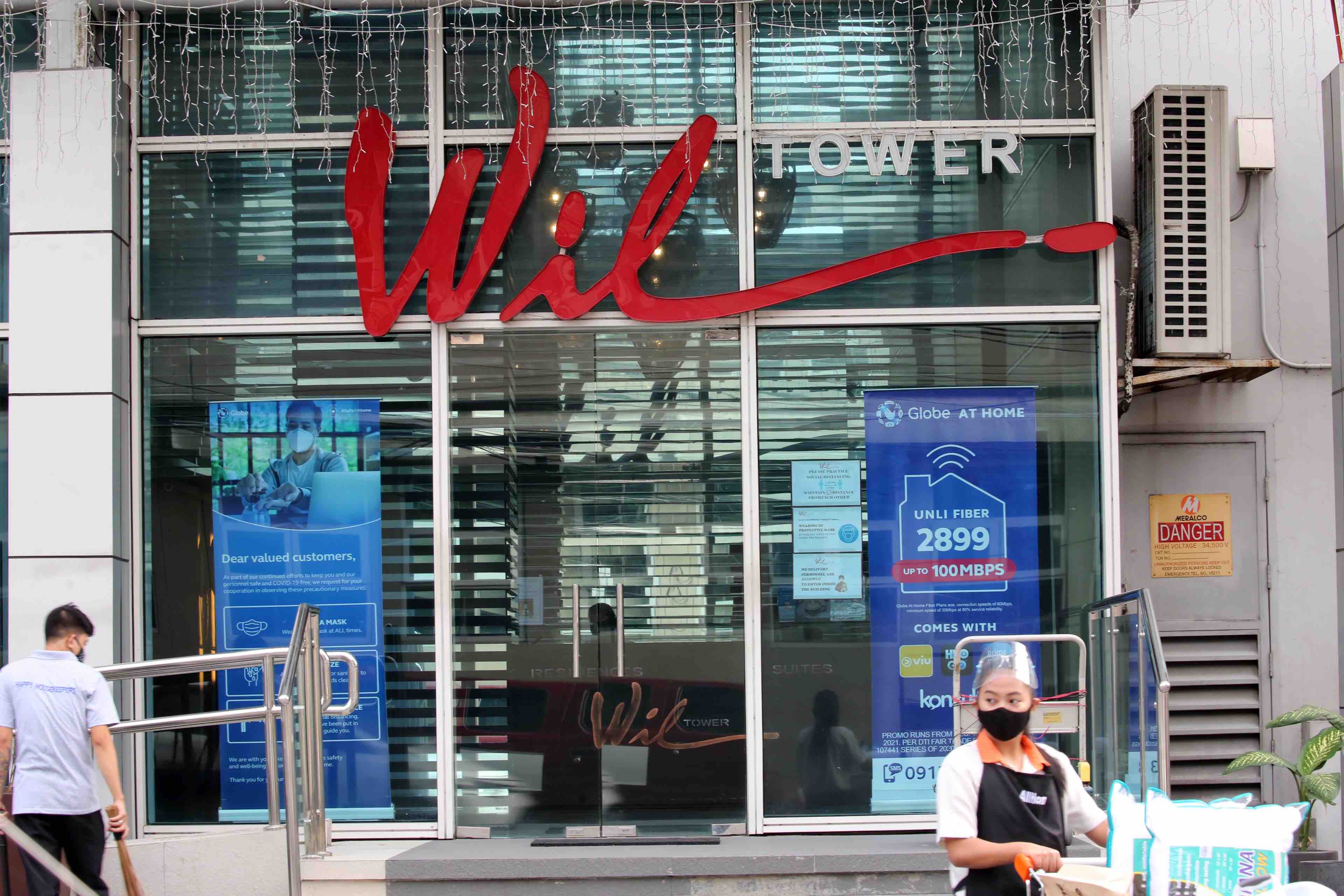Poverty, pandemic, and Willie Revillame
As early as last night, while still pitch-dark, they began to gather.
Young, old, middle-aged. Beneath the chill and the dead of night, mostly with their masks on, though largely bereft of the one-meter distance COVID-19 protocols require.
They all flocked to Wil Tower along Eugenio Lopez Drive in Quezon City like some dictionary definition of force majeure rallying them on the spot. No, not as sleepwalkers, mind you, but tradition: the annual ritual of greeting their beloved millionaire entertainer, Willie Revillame, on his birthday.
Here’s the catch. That display of boob-tube loyalty, while the tail end of the Christmas chill nibbed on their ears, was not free. It came with an expectation: the yearly dole-out of cash prizes for those fortunate enough to be noticed from among the throng.
Fearing a possible spread of the virus, the city mayor alerted the authorities of the said public gathering. The crowd dispersed sometime around 3 a.m., empty-handed but for dashed hopes and muffled cheers that never saw the light of day.
By the looks of it, it seems the largely marginalized poor, caught between a pandemic on the one hand and hunger in the other, to say nothing of government incompetence, would readily risk infection for the chance to avoid the indignity that goes with starvation. COVID-19 can simply wait.

I guess there is no point in painting a desperate picture of the times. We’ve all felt the hammer blow of the virus one way or the other.
I recall my wife who, after an hour of shopping for groceries, money already hard to come by, arrived home stomping her foot and hurling her face shield shortly after entering our gates.
“Can you believe this?” she said, half roaring in maternal agony. “Four hundred for a kilo of ground pork? Four hundred! I was so tempted to tell the cashier that I wasn’t out to buy her Class-A Louis Vuitton bag, just a kilo of ground pork.”
On another occasion, it was my son who barged in our gates with the tone of the harbinger of apocalypse. “Dad, your cigarettes now cost three-hundred pesos more per ream!” Somewhere inside one of the drawers of our bedroom, I heard my wallet shriek.
For reasons yet to be disclosed, apparently, prices of produce have all of a sudden skyrocketed to Plutonian proportions. Did you know that a kilo of chili, or labuyo, is at P400 today, as against pork brisket’s equally dizzying P320?
Arundhati Roy: Poverty, after all, is not just a question of having no money or no possessions. Poverty is about having no power. The battle of the poor and the powerless is one of reclamation, not renunciation.
Galunggong takes the cake at P240 per kilo while tilapia slumps at P120. Of the highland vegetables, a kilogram of pechay (P70) is roughly P30 shy of the Baguio variety (P100).
In the list of prevailing costs gathered recently by the Department of Agriculture, only well-milled and regular-milled rice bore the bloodcurdling price ceiling of all: None. Scary thought for the day, if you ask me.
It is nonetheless astonishing that, according to most Filipinos, hope springs eternal.
The latest Social Weather Station survey on hope says, “Hope for the New Year rises in Mindanao but slips elsewhere. Compared to the end of 2019, New Year hope rose by 3 points in Mindanao, from 90% to 93%…However, it fell in Balance Luzon (from 99% to 92%), in Metro Manila (from 96% to 90%), and in the Visayas (from 97% to 88%).”

The downtrend outside of Mindanao may be substantial enough to warrant some panic. Still, 92% in Balance Luzon and 88% in the Visayas tells you a lot about the Filipino’s ability to wrap their fears into rose buds, as one author said, no matter how gravely misplaced the ability is.
You know, I never thought of the biblical line “The poor you will always have with you” as political until I came upon a book written by Indian author Arundhati Roy. In not so many words, she explained poverty as more of an imposition of power than an unwitting aftermath of prevailing social ills.
By that she means poverty is deliberate violence, an incursion decreed by powerful people and laws which knowingly and purposely shackle the needy in conditions of privation. It is not as simple as suffering the natural outcome of not having enough. It is, in point of fact, the goal.
Poverty means you’ve been robbed. Hence, the only battle worth waging is for the poor to reclaim what has been theirs all along.
“Poverty, after all,” Roy said, “is not just a question of having no money or no possessions. Poverty is about having no power. The battle of the poor and the powerless is one of reclamation, not renunciation.”
If a mere glint, sputtering at best, can draw such crowds, imagine what a furnace can do for the final flash of reclamation. Ah, to live to see the day.
Banner photo by Miguel de Guzman/Philippine Star


